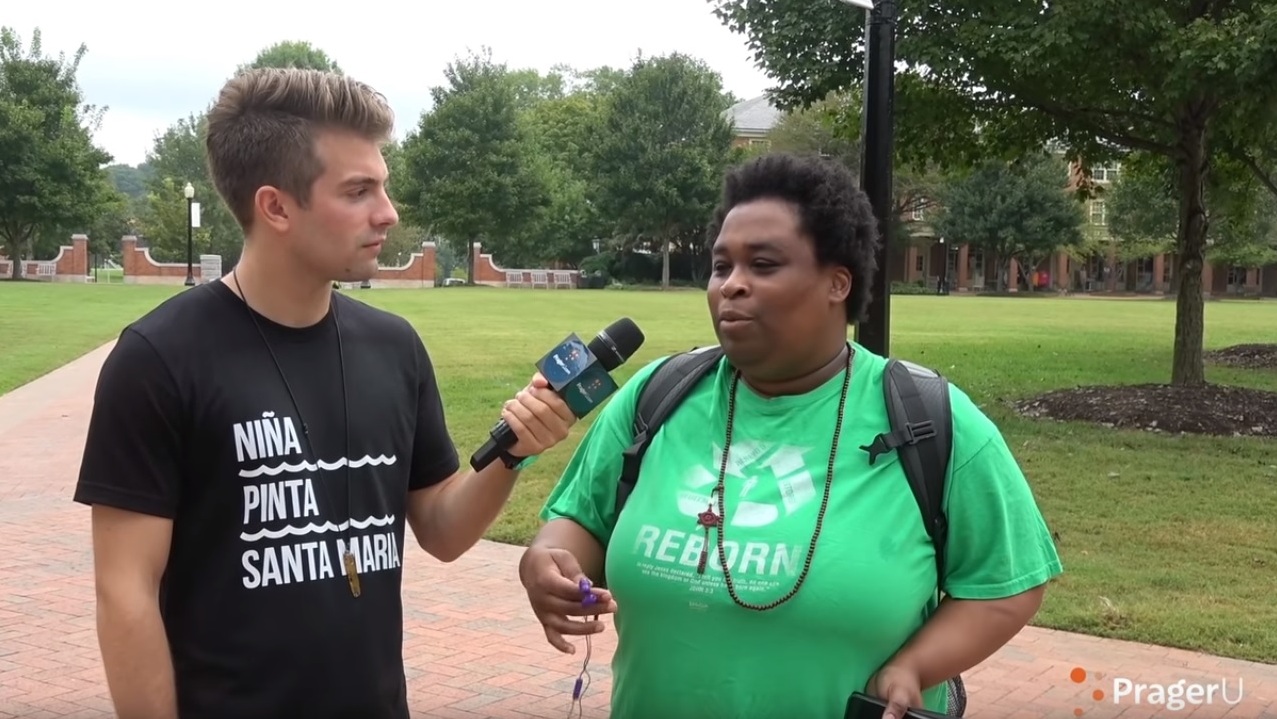Gallery with alias: PUBLIC_HISTORY_BLOG_POSTS not found
Changing Culture, Changing History
“Modernity is kind of a tradition and tradition itself is not a rulebook. It’s a dialogue and a dialectical process— just as tradition affects us, we too affect tradition and culture, and we change it.”―
This post is inspired by Should We Celebrate Columbus Day?, a man-on-the-street interview project by Prager University’s Will Witt who visited Wake Forest University “to find out what students know about Christopher Columbus in honor of Columbus Day (or is it “Indigenous Peoples’ Day”?)”
CHANGES A’COMING
The times they are a changing. Without doubt, our social, political, and economic worlds are rapidly transforming themselves fueled by technology, global communications, climate change, and revisions to our social norms. Writ large, we are talking about profound cultural transformations affecting all of us, from small towns to nation states.
But culture change is never easy; we struggle with it. Change disrupts our habits and expectations, our traditional ways of thinking and being. Just in the last couple of decades we’ve started to realize the pressures of profound changes to our world: our global population has exploded with mass urbanization; the internet, phone technology, and social media have changed the way we communicate; our collective security is challenged by organized global terrorism, nationalism, and racism; and climate change is a grim reality.
We wonder: In what ways do public historians respond to these inevitable cultural changes?
HISTORY RE-IMAGINED
“Change has a bad reputation in our society. But it isn’t all bad – not by any means. In fact, change is necessary in life – to keep us moving, to keep us growing, to keep us interested. Imagine life without change. It will be static, boring, dull.” – Dr. Dennis O’Grady, psychologist
Historians recognize “historical revisionism” as a legitimate and oftentimes necessary re-interpretation of the historical record. At times, revisionism challenges traditionally accepted understandings of history by presenting new (and sometimes contrary) discoveries of fact or evidence. Sometimes historical revisionism challenges the motivations and decisions of historical actors, as well as the assumptions and conclusions of historians themselves.
Most powerfully, historical revisionism calls for the reversal of prior moral judgments underlying our understanding of history. Again, take for example the explosive and morally charged debate around the cultural value and historical function of Confederate Civil War monuments.
Unfortunately, such re-interpretations of history are frequently condemned as “revisionist history”–a pejoratively and politically loaded term too easily tossed in the direction of those accused of distorting the historical record. Indeed, this may be true in some cases and should be condemned, but “revisionist history” is not the same thing as historical revisionism, which challenges traditional historical understandings with legitimate scholarship and reasoned debate resting on the factual record.
For example, a claim that the Holocaust never happened is a supreme example of revisionist history, as is the claim that the Civil War was not about slavery. Other persistent negations of factual history include the views that Columbus “discovered” America; Thanksgiving originally celebrated peaceful co-existence between the Pilgrims and Natives; women never fought in combat until recent times; Thomas Edison invented the light bulb; the great American capitalists such a Getty, Rockefeller, Carnegie, and Hearst were all “self-made” men; Japan did not commit war crimes in WWII; the 1989 Tiananmen Square protests were not pro-democracy demonstrations; and most recently, that Russian did not interfere with US elections in 2016.
All the above are celebrated history, believed by many, and in some cases claimed to be part of some “official” historical record. However, most serious historians and scholars have revised and corrected such history because all the above are false and enough people have spoken up in opposition to their claims.
As rapid changes in culture continue to create interesting possibilities for new voices, stories, and experiences that challenge many of these traditional–if not dubiously maintained–understandings of history, public historians will have to respond to these shifts in public awareness and expectations–lest they find themselves working against these inevitable historical revisions.
Woe be unto public historians who maintain, defend, and perpetuate–without factual qualification and historical context–dubious and debunked history.
OUR POSITION
It is our view that culture is an important heuristic lens by which history is received by the public. Our individual and collective values and beliefs help us process and interpret history. The public’s culture frame of reference is one of the most salient variables to consider when doing history work, whether at a small-town historical society or national museum. As such, culture changes and shifting currents of beliefs present particular challenges to public historians as they strive to interpret and present history within past and present contexts. After all, our cultural milieu is the setting which history is received and believed.
PUBLIC HISTORY MATTERS
At The Social Voice Project, we celebrate history and people through our community oral history projects that give us a chance to look, listen, and record the voices and stories of our time. We encourage all local historical societies and museums to capture, preserve, and share their communities’ lived experiences, memories, customs, and values. Future generations are depending on it.
Contact TSVP to learn more about our commitment to public history and community oral history projects.
